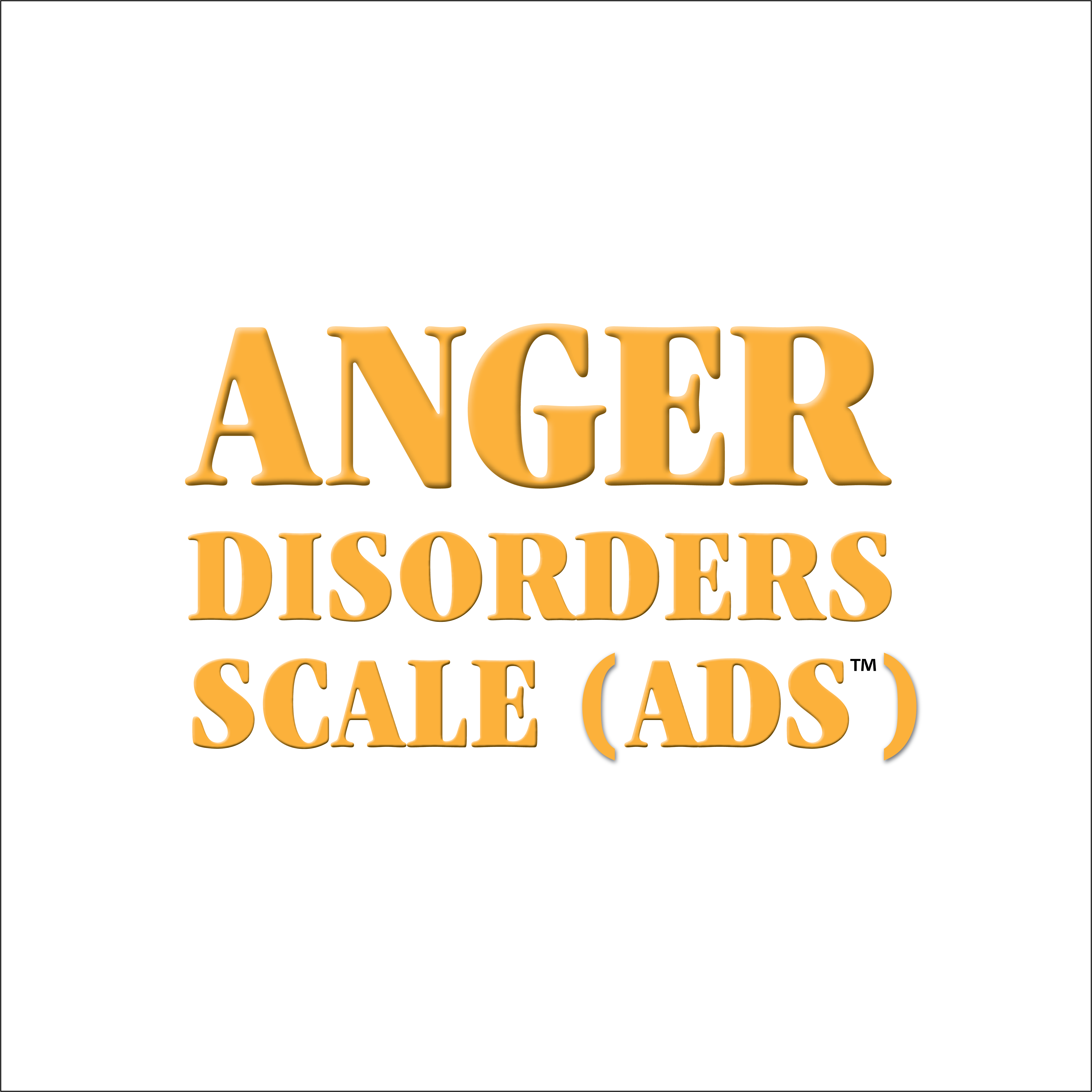
ADS™
Anger Disorders Scale
Filters
Age
- 18 and Older
Administration Type
- Self
Administration Time
- Long: 20 Minutes
- Short: 5 to 10 Minutes
Number of Items
- Long: 74
- Short: 18
Qualification Level
- B
Format(s)
- Handscored
- Provocations Domain
- Arousal Domain
- Cognitions Domain
- Motives Domain
- Behaviors Domain
The ADS consists of the original ADS, as well as a shorter version (ADS:S). Both are available in handscored format. For the handscored ADS, respondents use Item Booklets and QuikScore™. Forms to complete the assessment. Responses are recorded and scores are calculated on the QuikScore™ Form. For the ADS:S, the items are included on the QuikScore™ Form, so Item Booklets are not necessary.
Reliability
Reliability estimates of the ADS indicate strong support for the factor structure of the instrument. Internal consistency reliability is .97 for the full version Total score, and ranges from .70 to .96 for the subscales and higher order factors. The internal consistency reliability of the short version Total score is estimated at .86. Test-retest reliability estimates (based on a 2-week interval) range from .83 to .92 for the various scales of the full and short versions.
Validity
The ADS and ADS:S were both evaluated for test-retest reliability and internal consistency. The instruments were found to have high correlations with other measures of anger, demonstrating their concurrent validity. Discriminative validity was also shown in both instruments’ ability to differentiate between normal and clinical samples.
The ADS and ADS:S normative sample included more than 1,400 people between the ages of 18 and 76 who were recruited through educational and work environments, as well as through the internet. The clinical sample included aggressive drivers, general outpatients, individuals seeking mental health services for anger problems.